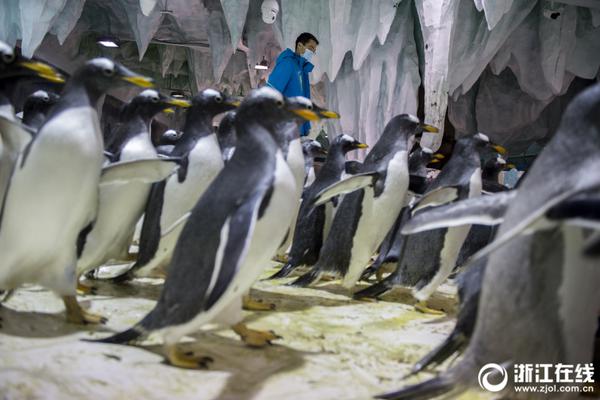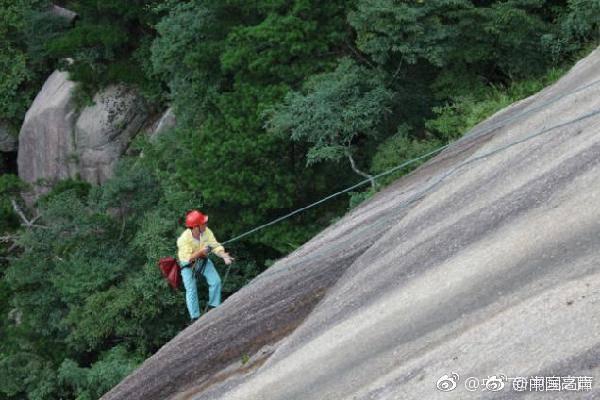Researchers believe they may be sleep sex videosable to suss out whether microscopic aliens exist on one of Saturn's 83 moons without having to land a spaceship there.
Enceladus — about 800 million miles away and 25 times smaller than Earth — has captured the imaginations of planetary scientists searching for life beyond the blue marble. The Saturn moon shoots geyser-like plumes containing bits of water and gas from its ocean into space. That constant spray creates a halo, which contributes to one of Saturn's rings.
Scientists have pushed NASA to endorse future missions to explore the world, requesting financial support to land on its surface. One such proposal, the Enceladus Orbilander designed by Johns Hopkins Applied Physics Laboratory in Maryland, would study it from the moon's ground — as well as from space — over a 1.5-year period beginning in the 2050s. The complex mission would cost an estimated $2.5 billion, according to The Planetary Society, a nonprofit focused on advancing space science.
Now a research group led from the University of Arizona has laid out a proposal for an approach that's relatively simple, suggesting that all scientists would need to determine whether microbes live under Enceladus' icy shell is an orbiting space probe. The study was published in The Planetary Science Journalthis December.
"Our research shows that if a biosphere is present in Enceladus' ocean, signs of its existence could be picked up in plume material without the need to land or drill," said Antonin Affholder, the lead author, in a statement, "but such a mission would require an orbiter to fly through the plume multiple times to collect lots of oceanic material."
SEE ALSO: Scientists detect something intriguing brewing in Enceladus' seas NASA's Cassini spacecraft captured this mosaic image of Enceladus in 2008. Credit: NASA / JPL / Space Science Institute
NASA's Cassini spacecraft captured this mosaic image of Enceladus in 2008. Credit: NASA / JPL / Space Science Institute Just how many times? Perhaps over 100 flybys, according to the paper.
To discover the presence of alien life, the research team has turned the problem on its head: Rather than trying to answer how much organic material would have to be found to prove that life is there, they are focusing on the maximum amount of organic material that could be present withoutlife.
When Enceladus was first studied in 1980 by NASA's Voyager 1 probe, it didn't appear as much more than a little snowball. More recently, researchers have learned that the moon's thick layer of ice conceals a warm saltwater ocean, spewing methane, a gas that usually comes from bacteria and other microorganisms on Earth. Between 2005 and 2017, NASA's crewless Cassini spacecraft flew through Saturn's rings and moons, revealing an abundance of new information.
Last year a collaboration between the University of Arizona and Université Paris Sciences et Lettres in Paris calculated that microbial life forms on Enceladus could be what's causing the moon to burp methane.
Want more scienceand tech news delivered straight to your inbox? Sign up for Mashable's Top Stories newslettertoday.
 NASA's Cassini spacecraft spotted plumes of material gushing from Enceladus in this 2011 image. Credit: NASA / JPL-Caltech / Space Science Institute
NASA's Cassini spacecraft spotted plumes of material gushing from Enceladus in this 2011 image. Credit: NASA / JPL-Caltech / Space Science Institute This Tweet is currently unavailable. It might be loading or has been removed.
"signs of its existence could be picked up in plume material without the need to land or drill."
The possibility that actual cells would be detected might be slim, because they would have to survive the journey of ejection from deep within an ocean into the vacuum of space. The team of scientists say organic molecules, such as certain amino acids, would serve instead as evidence to support or rule out habitation.
If measurements came back above a certain threshold, it would make a strong case that microbes live on Enceladus.
But, Affholder said: "The definitive evidence of living cells caught on an alien world may remain elusive for generations."
(Editor: {typename type="name"/})
 Oscars 2019 red carpet fashion: Glitz, glam, and challenging looks
Oscars 2019 red carpet fashion: Glitz, glam, and challenging looks
 'The Magicians' romantic lead is bisexual and the show is better off
'The Magicians' romantic lead is bisexual and the show is better off
 Huawei Mate X hands on: The most promising foldable phone yet
Huawei Mate X hands on: The most promising foldable phone yet
 Lego free Valentine's Day Heart: How to get free Lego
Lego free Valentine's Day Heart: How to get free Lego
Trump praises storm response as historic disaster unfolds in Houston
 Donald Trump woke up early on Sunday morning to grim news out of Texas: a flash flood emergency had
...[Details]
Donald Trump woke up early on Sunday morning to grim news out of Texas: a flash flood emergency had
...[Details]
Musk would rather sit in freeway traffic with Autopilot than use Waze
 While making bold predictions about full self-driving cars during a podcast session with an investme
...[Details]
While making bold predictions about full self-driving cars during a podcast session with an investme
...[Details]
Everything coming to Hulu in March 2019
 In the post-holidays, pre-summer slump that is this alleged "spring," life can get pretty boring. Lu
...[Details]
In the post-holidays, pre-summer slump that is this alleged "spring," life can get pretty boring. Lu
...[Details]
Good news for Trump: Journalists throw cash at Clinton
 Donald Trump has made "the media" into a scapegoat for what has been a brutal stretch of his campaig
...[Details]
Donald Trump has made "the media" into a scapegoat for what has been a brutal stretch of his campaig
...[Details]
The Best CPU & GPU Purchases of 2017
Huawei Mate X hands on: The most promising foldable phone yet
 The race to build the best foldable phone is officially on.Not to be outdone by Samsung's Galaxy Fol
...[Details]
The race to build the best foldable phone is officially on.Not to be outdone by Samsung's Galaxy Fol
...[Details]
According to Little Mix's new track, Zayn isn't as good at sex as he thinks he is
 Zayn Malik does not exit gracefully. The former One Direction member with the voice of an angel caus
...[Details]
Zayn Malik does not exit gracefully. The former One Direction member with the voice of an angel caus
...[Details]
It snowed in LA and everyone is freaking out
 Hold on to your oat milk. It SNOWED in Los Angeles. Southern California — known for its year-l
...[Details]
Hold on to your oat milk. It SNOWED in Los Angeles. Southern California — known for its year-l
...[Details]
Best Amazon deal: Save 20% on floral and botanical Lego sets
 SAVE 20%:Amazon has several Lego floral bouquets and botanical sets on sale, the perfect gift for yo
...[Details]
SAVE 20%:Amazon has several Lego floral bouquets and botanical sets on sale, the perfect gift for yo
...[Details]
Period tracking app says it will stop sharing health data with Facebook
 After TheWall Street Journalreported that popular period-tracking app Flo had been secretly sharing
...[Details]
After TheWall Street Journalreported that popular period-tracking app Flo had been secretly sharing
...[Details]
接受PR>=1、BR>=1,流量相当,内容相关类链接。